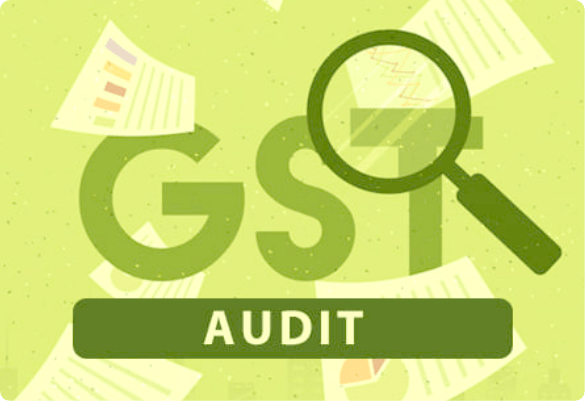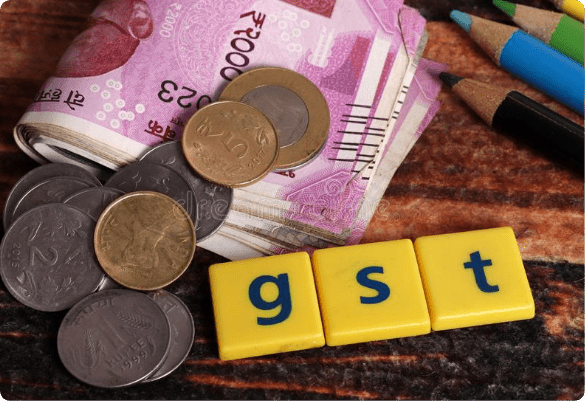E-Invoicing under GST has been enabled for the businesses whose annual aggregate turnover exceeds RS. 20 Crore from 1st April 2022. Due to this decision, many new businesses are now entering the e-Invoicing system. Most of these businesses are small & medium-sized and few of them might be located in a Special Economic Zone (SEZ) or trade with the businesses located in an SEZ.
E-Invoicing is now applicable to all the B2B transactions & documents like Credit Notes, Debit Notes, RCM Invoices, Export & SEZ Invoices, B2B Invoices & B2G Invoices.
To address the queries of the e-invoicing regulations under GST for supplies to SEZ units, we have tried to highlight the basic provisions of e-Invoicing for Special Economic Zones.
Understanding Special Economic Zones under GST
SEZs are classified by the government as special trade or economic zones. The Special Economic Zones have a simple taxation system and enjoy simpler tax & legal regulations to nurture the businesses set up in this area.
These tax & legal relaxations are provided by the government to encourage more investment into this region which will in turn create more employment opportunities.
The geographical region declared as a ‘Special Economic Zone (SEZ)’ is treated as a foreign territory for operations & trade purposes. Thus, any supplies made TO the businesses located in SEZs or FROM the SEZ units will be treated as an ‘inter-state supply’ and Integrated Goods & Services Tax (IGST) will be levied upon them.
What are Imports & Exports in SEZs?
As mentioned in the earlier section, the Special Economic Zones are treated as foreign territories under the GST laws. Hence, the supplies made FROM and TO the SEZ units will be termed as the EXPORTS and IMPORTS respectively.
EXPORTS in SEZ
Exports in Special Economic Zones comprise the following factors:
- Exporting goods/services outside India from an SEZ unit.
- Supplying goods or services from one business unit in SEZ to another business unit of the same SEZ or different SEZ within the country.
IMPORTS in SEZ
Imports in Special Economic Zones comprise of the following factors:
- Importing goods & services from a region outside the country by any mode of transport.
- Goods or services received from one business unit in SEZ to another business unit of the same SEZ or different SEZ within the country.
e-Invoicing provisions in Special Economic Zones
E-Invoicing provisions shall apply to all the supplies MADE TO the business units located in the SEZ units.
However, e-Invoicing shall NOT apply to the supplies MADE FROM the SEZ units.
e-Invoice generation for IMPORTS in SEZ – YES
e-Invoice generation on EXPORTS from SEZ – NO
- E-Invoicing provisions for supplies made to SEZ units
A large number of small & medium businesses have been now added to the e-Invoicing umbrella under GST from 1st April 2022. Businesses whose annual aggregate turnover exceeds Rs. 20 Crore are now eligible for e-Invoice generation on the Invoice Registration Portal (IRP).
Many small businesses have now entered the e-Invoicing system and are making supplies to other businesses located in Special Economic Zones (SEZ). Hence, it is mandatory for these businesses to understand the e-Invoicing provisions in place pertaining to the SEZ exports.
The supplies that are covered under e-Invoicing are –
B2B – Business to Business
B2C-Business to Consumer
SEZWP – To SEZ with payments
SEZWOP – To SEZ without payments
EXP WP – Export with payments
EXP WOP – Export without payments
DEXP – Deemed Exports
Hence, it is mandatory for such businesses to generate e-Invoices for the EXPORTS made to the SEZ units (with or without payments).
- E-Invoicing provisions for supplies made FROM SEZ units
Vide GST Notification (Central Tax) No. 61/2020 issued on 30th July 2020, all the business units located in the Special Economic Zones are EXEMPTED from e-Invoice generation for the supplies made FROM the SEZ units.
Even if a business whose annual aggregate turnover exceeds Rs. 20 Crore but is located in a Special Economic Zone, then this business is EXEMPTED from generating e-Invoices for the supplies MADE FROM this business.
However, there are some special cases where e-Invoicing shall be applicable to the SEZ units-
For example:
Consider a business unit ‘Hari Enterprises Pvt. Ltd.’ located in the Special Economic Zone in Hyderabad.
Now consider that the SEZ unit, SEZ Developer, and the regular Domestic Tariff Area (DTA) are registered under the same PAN.
This business has an annual aggregate turnover exceeding Rs. 20 Crore and is eligible for an e-Invoice generation.
In this case, the SEZ unit ‘Hari Enterprises Pvt. Ltd.’ will be EXEMPTED from e-Invoice generation. However, the SEZ developer and the DTA are required to generate e-Invoices.
Note:
The taxpayers receiving the goods or services must identify the SEZ units & SEZ Developers as separate entities.
Impact of e-Invoicing on GST Refunds – For SEZ units
As discussed in the previous sections, business units that are located in the Special Economic Zones have different e-Invoicing regulations. The same applies for the GST refunds rules for these SEZ units.
GST Refund is also eligible for the SEZ transactions and EXPORTS. E-Invoicing in SEZ will have some impacts on the GST refunds as well.
The IRNs corresponding to the Invoices to SEZ units, credit notes & debit notes will be helpful in claiming the GST Refunds. As the e-Invoices generated on the IRP portal are authenticated by the government and can be easily used to claim the GST refunds. These e-Invoices will also be helpful in the reconciliation process.
Exports under GST can be classified as Direct exports, Deemed exports, and Exports from SEZ units or developers. e-Invoicing under GST applies to the export transactions which helps to automate the GST refund mechanism to the EXPORTERS.
GST Refunds are applicable in the following cases:
- GST Refunds on exports are done with the payment of taxes
- GST refund on unutilised Input Tax Credit on exports done without payment of taxes
- Refund of unutilised ITC on sales made to SEZ units or SEZ developers done without payment of taxes
- Refunds on tax payments done on supplies made to SEZ units & Developers
Vide GST Notification (Central Tax) No. 61/2020 issued on 30th July 2020, all the business units located in the Special Economic Zones are EXEMPTED from e-Invoice generation for the supplies made FROM the SEZ units.
However, NO EXEMPTION is available for the SEZ DEVELOPERS.
E-Invoicing under GST preparations for small businesses
The steps of the government are towards making e-Invoicing mandatory for all businesses. The addition of businesses whose annual aggregate turnover exceeds Rs. 20 Crore to the e-Invoicing structure is one such step.
It is evident that soon many small businesses irrespective of the annual aggregate turnover will be brought under the e-Invoicing umbrella.
Businesses must take care of the following things:
- Businesses should keep up with the changing reporting requirements in the GST laws.
- Businesses must opt for an automated e-Invoice generation solution like KYSS that allows bulk e-Invoice generation.
- Stay compliant with the GST laws all the time.
It is essential that the businesses should be ready with an e-Invoicing solution like KYSS that allows:
- Bulk e-Invoice generation
- Storage of e-Invoices for a very long time (Because the IRP portal stores the e-Invoice for only 24 hours from the date of generation)
- Automates data preparation to avoid errors, etc.
- Automation in e-Invoicing will save a lot of business time
To conclude
In this short article, we discussed the specific e-Invoicing provisions for the business units in the Special Economic Zones.
E-Invoicing under GST is a digital step toward new reporting requirements under the GST structure. Hence, businesses are advised to be ready for e-Invoicing under GST with robust and user-friendly e-Invoice generation software.
Businesses can use e-Invoicing software like KYSS that allows e-Invoice generation in a hassle-free way. Using an automated e-Invoice generation tool will help businesses to eliminate errors while generating e-Invoices. Also, the overhead of manual uploading of the invoices will be cut down as the businesses will be able to generate e-invoices directly from their existing ERP.
Choose KYSS for 100% GST compliance!





